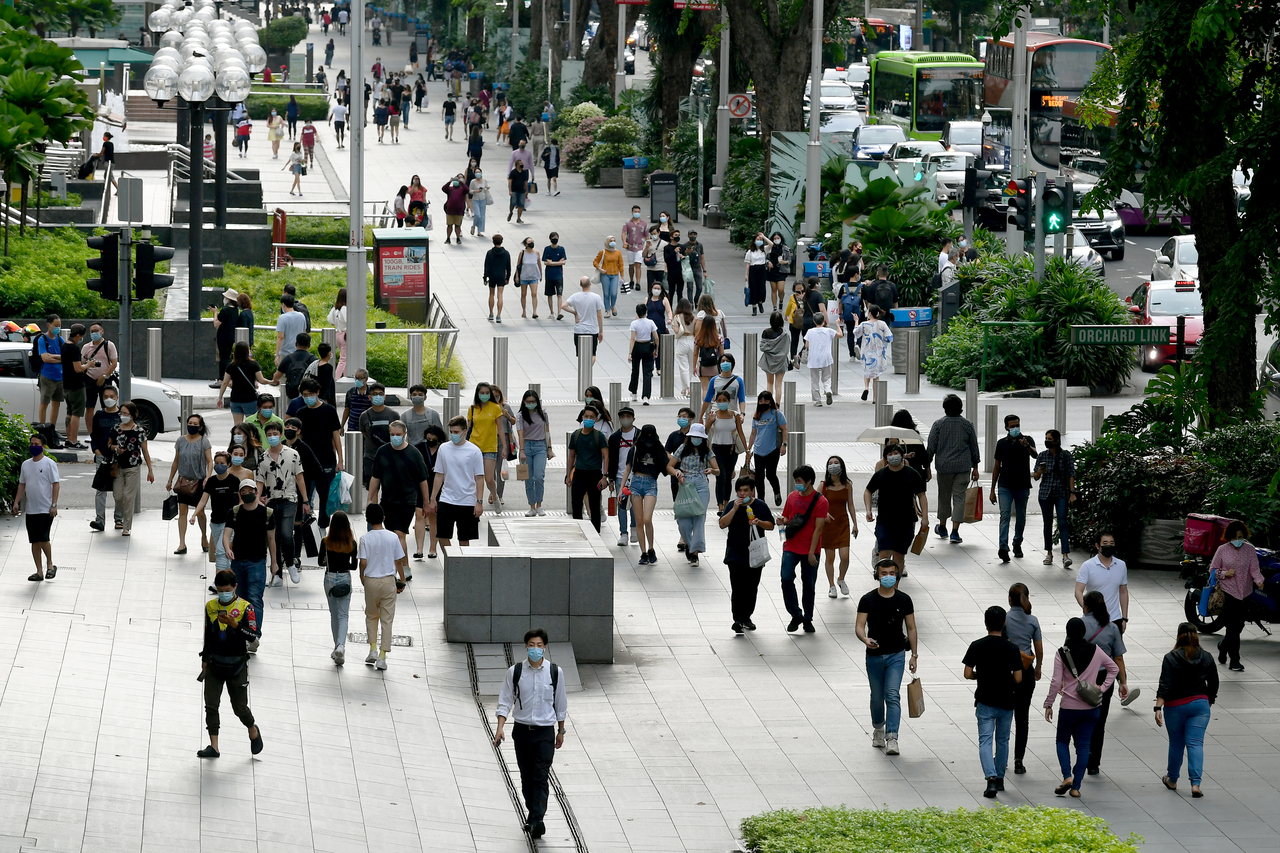Conduct conversations on race, language, religion with restraint and mutual respect, says President Halimah at Parliament opening
Sign up now: Get ST's newsletters delivered to your inbox

President Halimah Yacob said there is much more to be done to strengthen the sense of togetherness in society.
PHOTO: ST FILE
SINGAPORE - Younger Singaporeans may prefer to discuss issues such as race, language and religion candidly and openly, but such conversations should be handled sensitively, said President Halimah Yacob on Monday (Aug 24).
She described their willingness to talk about such issues as a positive development, but urged restraint and mutual respect in conducting conversations, as these "will always be visceral subjects".
"If each group pushes its own agenda to the extreme, we risk eroding the common space, and fracturing our social cohesion," she warned.
She added that multiracialism - core to the Singapore identity - is still a work in progress, with each successive generation bringing different life experiences and perspectives.
There is much more to be done to strengthen the sense of togetherness in society, President Halimah said.
"Multiracialism will always be a core element of our Singaporean identity. Everyone, regardless of race, language, or religion, must have an equal place in our society," she said.
"Here in Singapore, we embrace our plurality and diversity, even as we continue to develop a stronger Singaporean ethos, and strive together to become more than the sum of our individual parts."
Since independence, she said, a distinctive culture and identity has evolved and people, regardless of race, language, or religion, think of themselves as Singaporeans.
This is reflected in their attitudes, memories and experiences, in the arts and heritage, and even in the way Singaporeans can easily identify one another in a foreign land and have each other's backs in a crisis, she added.
It is therefore important to shape the multicultural instincts in Singaporeans when they are young, so as to sustain this mindset across communities and workplaces, she said.
The methods and approaches of doing so must also evolve as the outlook and attitudes of younger Singaporeans change, she added.
Noting that social media has amplified contending voices and views, she said there were larger forces at play that will test the solidarity of Singaporeans.
"We are more exposed than ever to causes, attitudes and values from other societies that may not be relevant to our social context, but will influence us nonetheless. Economic distress arising from Covid-19, or social inequality, can breed a sense of insecurity amongst different groups of Singaporeans," she added.
Ultimately, whether Singapore can protect its sense of shared identity will determine the country's success, she said.
"Singapore can endure and secure her place in history, only if Singaporeans feel passionately about our country, and put our hearts and souls into making this a better home," she added.


